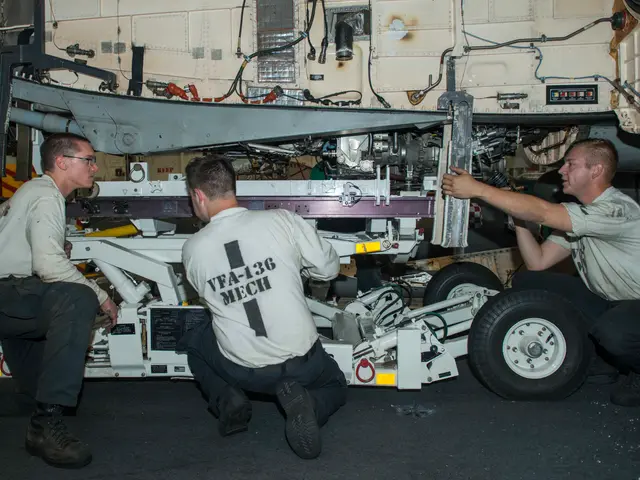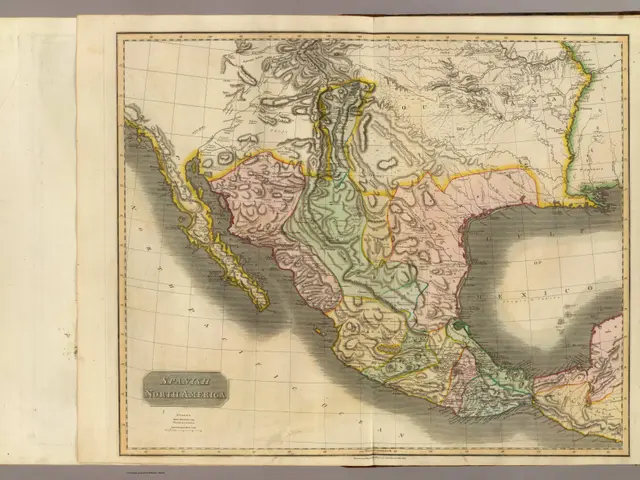United Nations Climate Conference Receives Urgent Action Plan from EU Environment Officials - Clash Regarding Climate Goals: EU Environment Ministers Reach Consensus on Crisis Response Strategy for United Nations Climate Summit
The European Union (EU) is gearing up for a heated debate over its climate goals as the UN Climate Conference approaches. The EU Commission has proposed reducing greenhouse gas emissions by 90 percent compared to 1990 levels by 2040, a target that some member states find too ambitious.
Italy has taken the lead in proposing a candidate to head the EU delegation at the UN Climate Conference, but the identity of the candidate remains unknown. The EU Commission's proposed goal is legally binding, and the dispute within the EU arises from linking the UN's required pledge to the EU's 2040 climate goal.
Some member states, including Italy, the Czech Republic, and Hungary, have expressed concerns about the proposed goals. Jochen Flasbarth, the responsible state secretary in the Federal Environment Ministry, hopes for an extraordinary meeting of the environment ministers shortly before the climate conference to specify the UN pledge.
The EU is likely to miss a UN deadline for a concrete plan by the end of the month. However, the EU Commission remains confident that it will present 'either the most ambitious or one of the most ambitious' targets for the UN climate conference, maintaining the EU's 'leading role' internationally.
The EU plans to pledge to reduce greenhouse gas emissions by 66.25 to 72.5 percent by 2035 compared to 1990 levels. For three percentage points of this reduction, member states can count CO2 certificates from abroad. These targets are milestones on the way to the EU's climate neutrality by 2050, where member states should only emit as much CO2 as nature can absorb or store with technical methods.
Climate Commissioner Hoekstra stated that this pledge is 'really ambitious by all international standards.' Italy's Environment Minister Gilberto Fratin, on the other hand, demands the EU's climate goals to be 'realistic,' emphasizing the need for lower energy prices, member state flexibility, and industrial aid.
The EU summit of heads of state and government at the end of October will prioritize the climate goal, with Germany, France, Italy, and Poland leading the push. After the summit, the environment ministers will decide again, but it may be too late to finalize the EU law with the European Parliament before the climate conference.
Despite the challenges, the EU is determined to present its declaration at the UN General Assembly in New York next week. The future of the EU's climate goals remains uncertain, but one thing is clear: the debate will be intense and the stakes are high.
Read also:
- Amidst India's escalating climate crisis, transgender individuals continue to persevere
- Contentious Discussion Surrounding the Movie Release of "Planet of the Humans"
- Germany's three-month tenure under Merz's administration feels significantly extended
- Norway set to allocate proceeds from sales of tickets for a soccer match against Israel to Médecins Sans Frontières (MSF)








